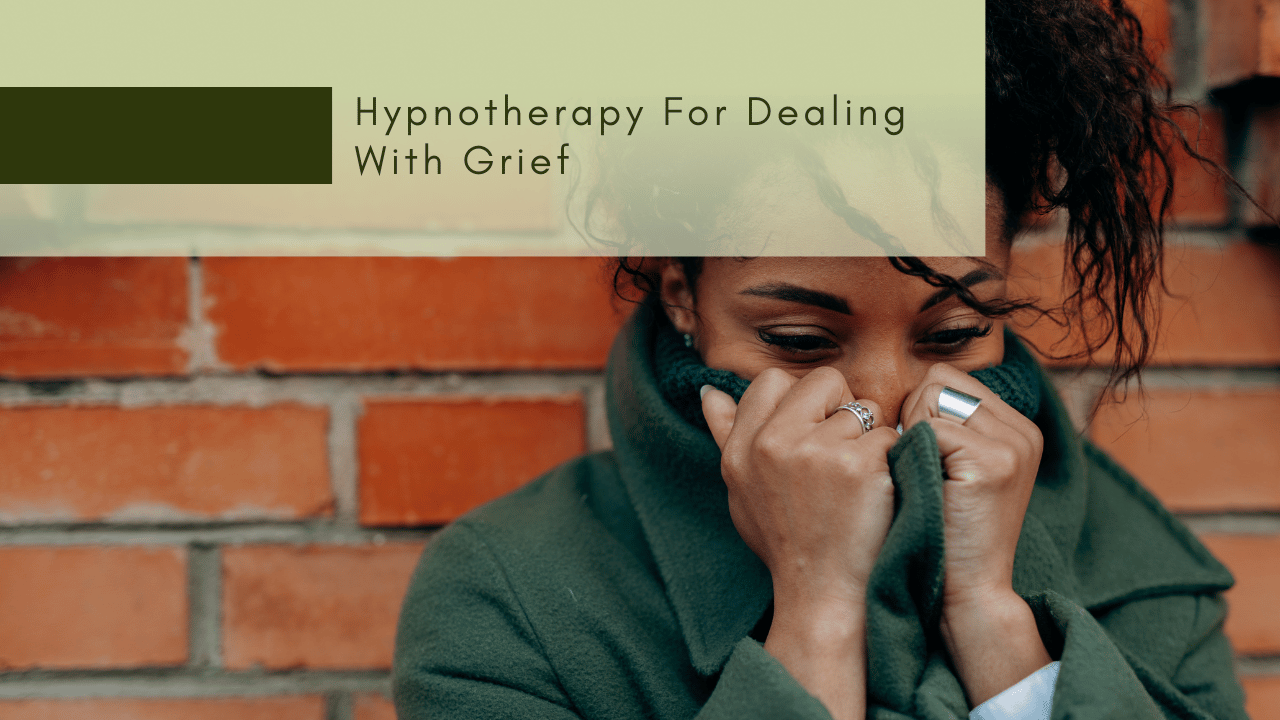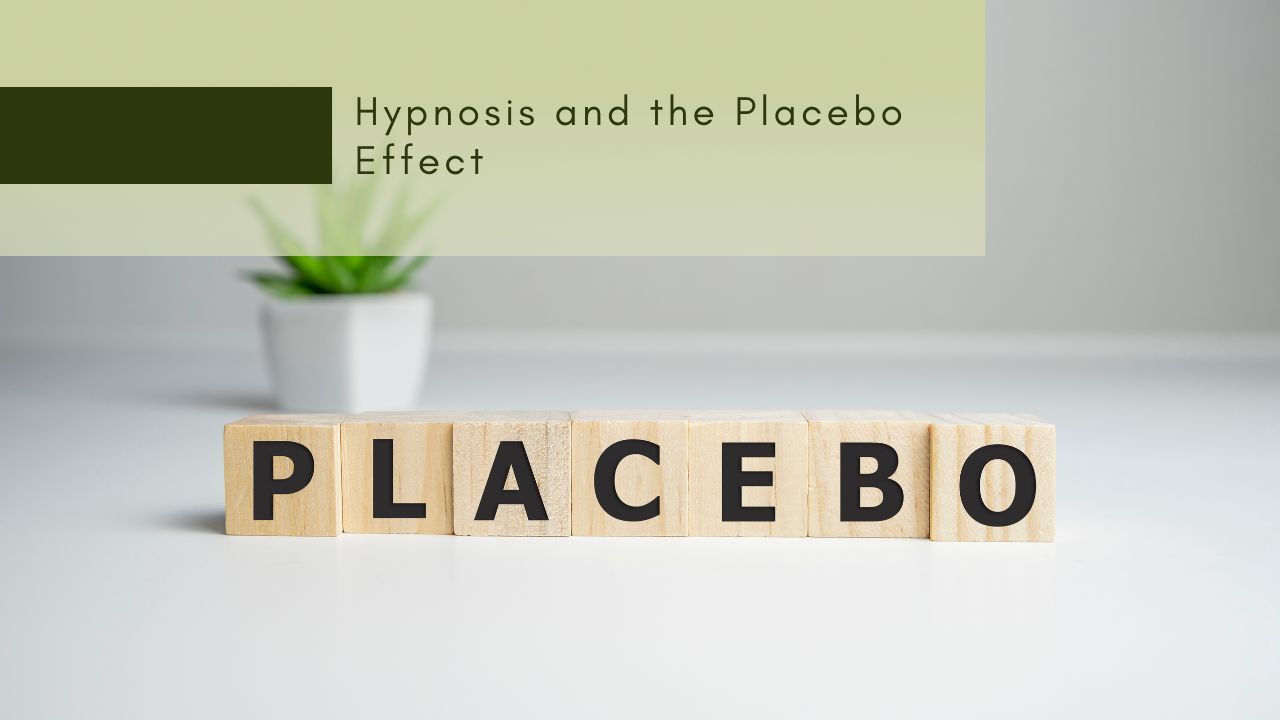How Hypnotherapy Can Assist with Grief and Loss
Grieving and dealing with loss is a natural process. Individuals often express their grief by:
- Repeatedly sharing their story and expressing their emotions
- Experiencing feelings of guilt, anger, and blame
They may also experience stress, anxiety, fear, diminished confidence, or self-esteem, concerns about the future due to financial strain or loneliness, and may question their own mortality, health, beliefs, and death.
Hypnotherapy can provide positive influence to mitigate anxiety, depression, insomnia, deep sadness, and reduce feelings of guilt amongst those navigating grief or loss.
Hypnotherapy’s Role in Emotional Healing
While each person heals at their own pace and manner, hypnotherapy can help to alleviate negative emotions and empower grieving individuals to feel more positive, confident, and in control.
It can adjust negative perceptions and beliefs, eliminate triggers, lessen stress and anxiety, and bridge the gap between current levels of happiness and desired ones.
Hypnotherapy as Stand-Alone Therapy or Part of a Counselling Process
Individual needs differ. Some may prefer counseling, others hypnotherapy, while some find both beneficial.
Hypnotherapy’s Effect on Chronic Sadness or Detachment After a Loss
Yes, hypnotherapy can help with chronic sadness or feelings of detachment. However, these symptoms should be accompanied by a medical examination to rule out any potential medical causes. It may also be advantageous for the hypnotherapist to collaborate with the medical provider in some cases.
When to Begin Hypnotherapy After a Loss
Everyone experiences and comes to terms with loss differently. It is crucial for those grieving to allow themselves time to readjust, while also being surrounded by supportive individuals. Those unable to find this support within their social circles should consider professional support from a counsellor or a hypnotherapist.
For some, ample time and support may be enough to process their loss. Others may require professional help to move forward.
If negative emotions persist and interfere with daily functioning after about six months, professional help such as that from a hypnotherapist, counsellor, or GP may be necessary.
The New Zealand Mental Health Organisation recommends seeking help if you:
- Feel life isn’t worth living
- Wish you had died along with your loved one
- Find it hard to trust others since your loss
- Are unable to carry out daily activities
- Neglect caring for your children or dependants
- Resort excessively to alcohol or other drugs
- Neglect self-care tasks like showering or preparing meals
- Experience breakdowns in relationships with close ones
While hypnotherapy can help with these emotions, there are situations where a collaborative approach with a counsellor and/or GP is advantageous.




